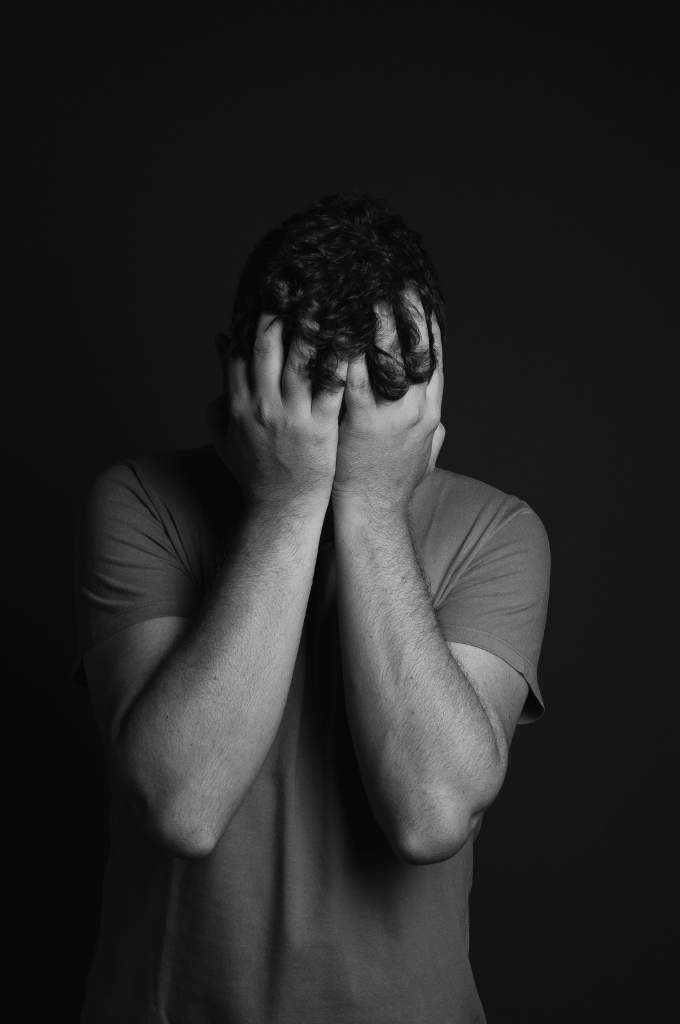How to Intervene in Low Mood and Depression
What Does It Mean to Have Low Mood?
Depression is a mood disorder characterized by typical symptoms. It is marked by a deep sense of discomfort, profound sadness, and little or no confidence in the future. It is, in all respects, a pathology that is becoming increasingly widespread. The lowering of mood can take different forms and shapes. Among the most frequent are:- Major depression (also called endogenous depression).
- Dysthymia (a depressive disorder with milder but longer-lasting symptoms).
- Reactive depressions (caused by traumatic events, bereavement, separations, etc.).
How Can Depression Be Recognized?

- Poor appetite or overeating;
- Insomnia or hypersomnia;
- Fatigue, lack of energy;
- Loss of interest;
- Low self-esteem;
- Feeling of loneliness;
- Withdrawal from social life;
- Difficulty concentrating or making decisions;
- Feelings of deep sadness and despair.
What Can Be the Consequences of Depression?
A prolonged state of depression can be disabling in many aspects of an individual’s life, not only in relationships and interests, but it may also involve:
- Impairment of willpower;
- Memory deficits;
- Concentration deficits;
- Reduced ability to take care of oneself;
- Reduction of routine activities;
- Self-harming delusions (feelings of incapacity, inadequacy, guilt, self-blame, etc.).
The individual may spend their days in a state of “immobility,” unable to lift themselves up and react to break free from their condition. In severe cases, this can lead to suicide attempts.
How to Intervene?
To treat depression, it is important to be followed by a medical specialist. Treatment usually takes place on an outpatient basis and may include prescribed medication, psychotherapy, or a combination of both. In some cases, the physician may suggest a short period of hospitalization in specialized units or hospitals.
What Therapies Exist?
It is essential to rely on your psychiatrist. The brain is a complex organ, and so is its treatment. On the psychopharmacological level, there are many antidepressant medications that have been shown to be effective.
Psychotherapy is also a valuable tool in addressing depression. It works on various psychological aspects related to depression, from the less observable and unconscious ones to more conscious dimensions such as thought content, daily life management, important relationships, and specific personal issues.
Another important aspect is gradually returning to daily activities, particularly those that are enjoyable and meaningful. Engaging in sports, reviving an old passion, self-care, or participating in social contexts are all activities that can help improve mood.
For this goal, the intervention of an occupational therapist can be very useful. By applying methods, strategies, and personalized adaptations tailored to the individual, the occupational therapist assists the patient in resuming their routine or creating a new one. The therapist provides support throughout a process that helps the individual regain an active role in their own life, also thanks to a solid therapist-patient relationship that allows for the management of emotional aspects that may arise during shared activities.
The Role of Occupational Therapists
Our team includes several occupational therapists, each with their own specialization. Our main areas of expertise are:
- Treatment of developmental disorders related to cognitive and motor deficits.
- Specialization in hand and wrist rehabilitation.
- Specialization in neuro-motor disorders in the elderly.


